Salon on December 02, 2022
Designing sensuous spaces
Double feature in English with Dr. Victoria Bates and Dr. Rebecka Fleetwood-Smith, Bristol/UK, and Jennifer Kanary Nikolov(a), Amsterdam/Netherlands
Dr. Jennifer Kanary (PhD) is the founder of Roomforthoughts, an artistic research practice dedicated to understanding the physics of thought and how the brain constructs realities. Jennifer has a keen interest in understanding how art is a form of knowledge production that holds value for society, particularly in relation to our wellbeing. In her presentation, Jennifer will share “Labyrinth Psychotica. The Wearable,” a psychosis simulation VR project, and the subsequent follow-up project “The Anoiksis Experiment.”
The project ‘Sensing Spaces of Healthcare’ rethinks hospitals through its focus on sensory experiences. Using approaches ranging from historical archival research to creative research methods, the project seeks to identify and address sensory challenges and opportunities within specific hospital environments in the British National Health Service. Sensory experiences can be difficult to articulate and explore, and this project harnesses the opportunities that creative approaches afford in exploring sensory encounters with hospital spaces. The project is led by Dr. Victoria Bates, University of Bristol, and Dr. Rebecka Fleetwood-Smith is the creative researcher on the project. In this talk, we will outline the project, talk through some of its creative research methods, and offer the audience an informal opportunity to ‘try this at home’!
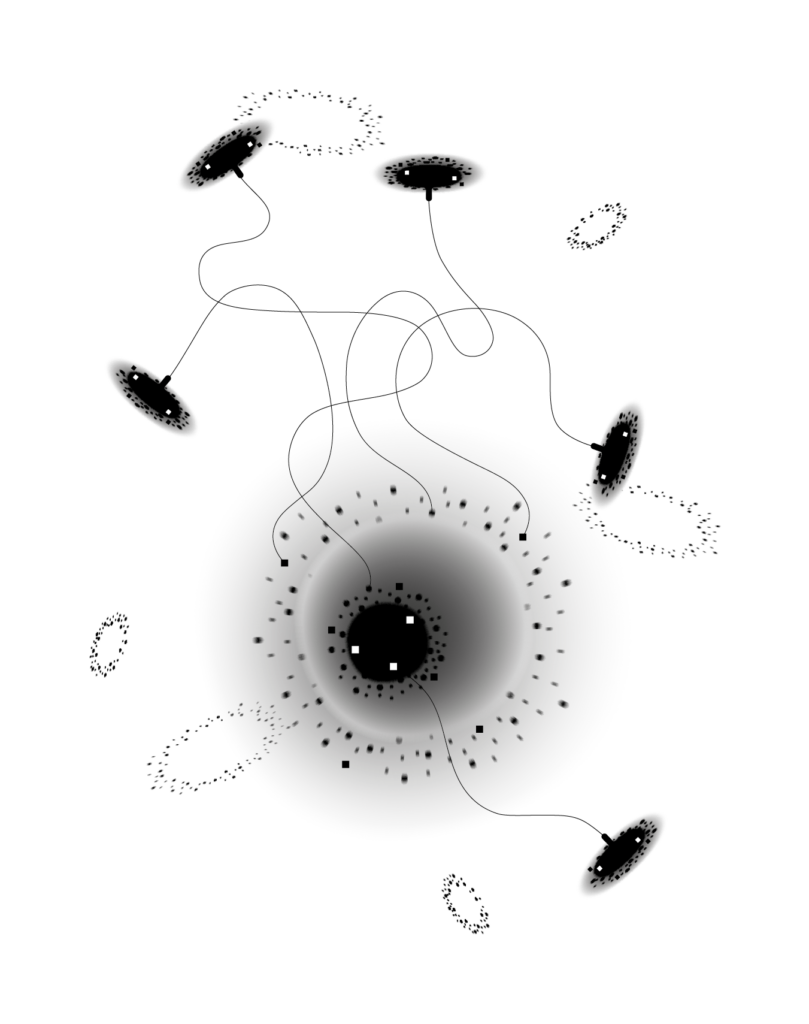
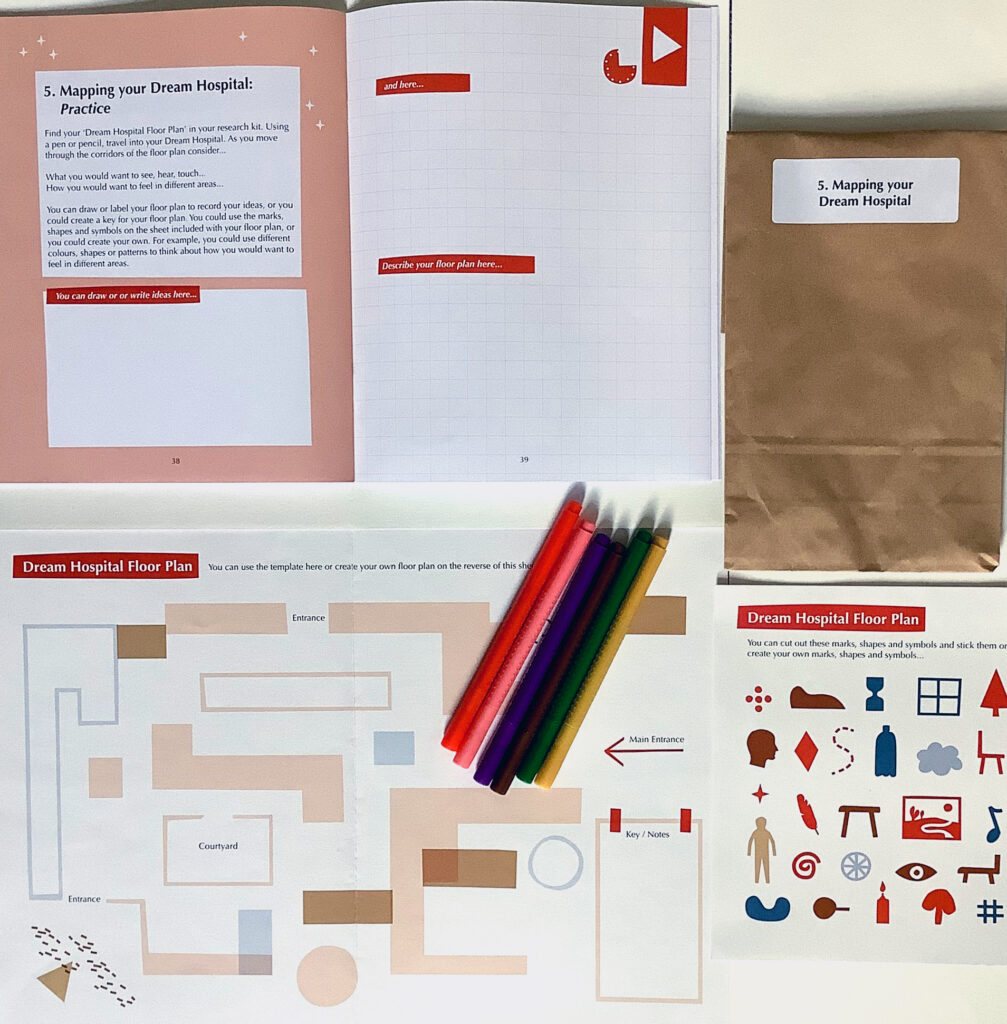
Salon on November 03, 2022
Haptic visualization
Double feature in English with Dr. Stella Bolaki, Kent/UK, on “Artists’ Books and Medical Humanities,” and Dr. Dr. Katharina Sabernig, Vienna/Austria, on “Knitted Body Materiality”
Katharina Sabernig is a medical doctor and anthropologist. She will present “Knitted Body Materiality,” a project supported by the Austrian Science Fund and based at the University of Applied Arts Vienna. Visualizing the interior of the body without evoking disgust is a challenge. However, experience has shown that knitted objects hardly provoke such revulsion because, unlike other forms of representation, they are perceived as pleasant and familiar. Anatomical structures one would otherwise be reluctant to look at, let alone touch, suddenly seem harmless and no longer threatening. The presentation will feature organs and pathologies – and we hope for lively discussions.
Project Homepage and Online-Exhibition
Stella Bolaki is a literary and medical humanities scholar. She will present “Artists‘ Books and Medical Humanities,” a project supported by the Wellcome Trust, that helped establish the “Prescriptions: Artists‘ Books” special collection, based at the University of Kent in England. Unlike verbal and literary modes of representing health and illness that have been prioritized in the medical humanities, artists‘ books offer embodied and multisensory accounts of illness experience. Drawing on examples from the Prescriptions collection, this talk will showcase imaginative and authoritative works of illness that transform our understanding of how books, art, and healthcare can be interrelated.
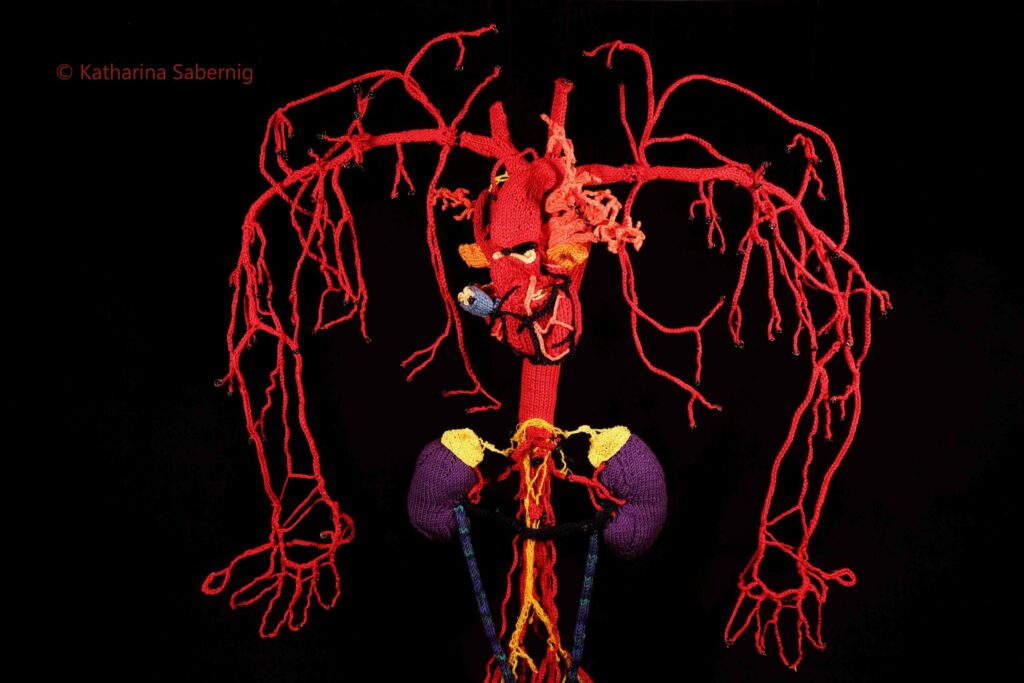
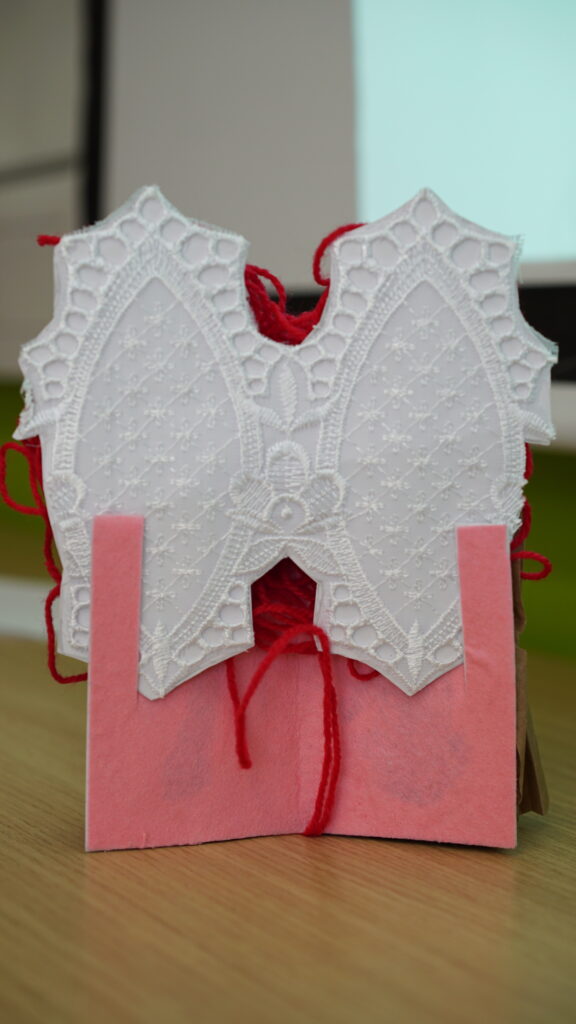
Colloquium on October 06, 2022
Colloquium on July 01, 2022
Guest: Elke Mark
In our colloquium, the freelance artist Elke Mark presented her work. With a focus on Performance Art and processual (textile) object art, she researches sensory knowledge, thinking in movement, memory, and dialog concepts. She chooses the sense of touch and tactile experience as starting points.
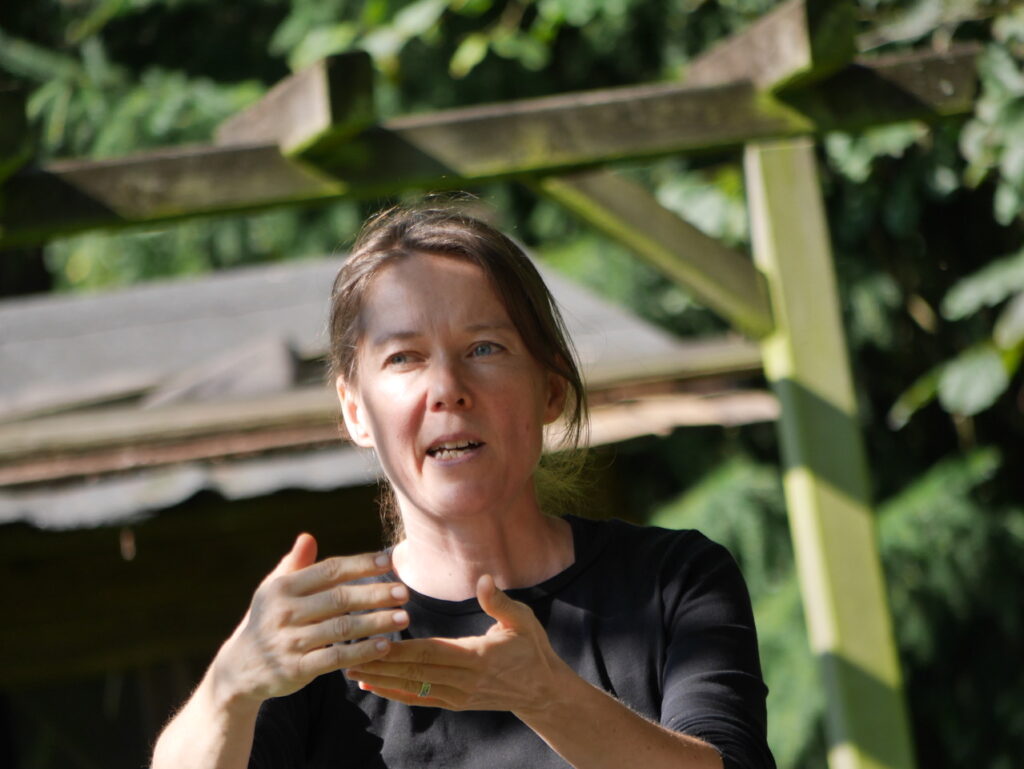
Salon on June 10, 2022
Guest: Barbara Graf
In our first salon, artist Barbara Graf from the University of Applied Arts in Vienna gave us insights into her artistic research projects. Following a diagnosis of Multiple Sclerosis, Barbara Graf engages intensively with the question of perception and visualization of pain in her “phenomenology of drawing.” She starts from her own physical experience and understands the project as a “processing of chronic illness” (cf. Graf et al., The subjective processing of chronic symptoms and pain in people with Multiple Sclerosis: Visualization and externalization as an expression of quality of life, Psychopraxis 2022).

Faltenlinien 8 – Fußbandage 1
(Mapping), 2016-2018
Reading Room on May 20, 2022
Paul Crawford, “Health Humanities”
Opening Ceremony of the An-Institute
On March 25, 2022, the International Association for Medical & Health Humanities and Artistic Research, e.V., celebrated the opening of its research institute and its cooperation with the University of Arts in Social Work, Ottersberg, with a series of short lectures and presentations.
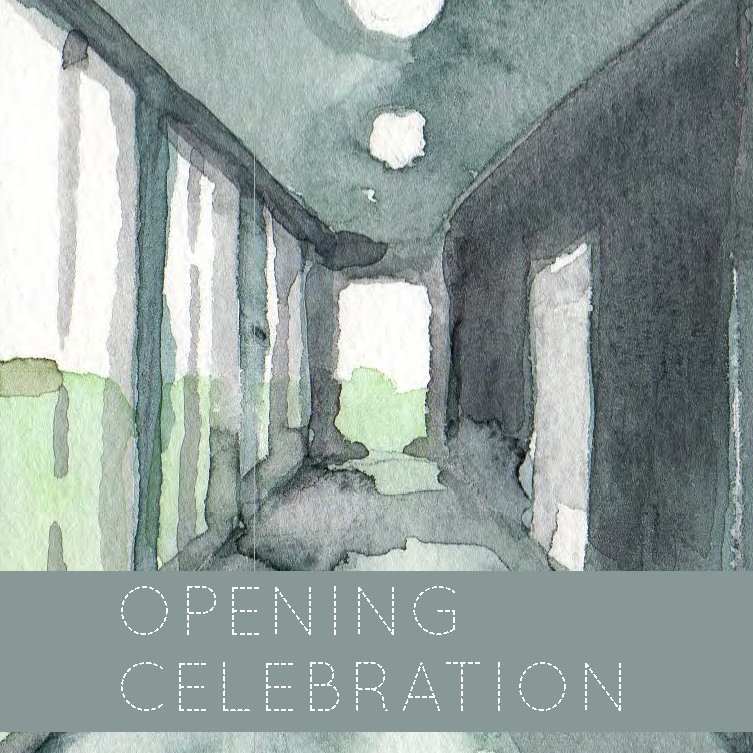
Colloquium on January 14, 2022
Martha L., born in 1894 in St. Gallen, epileptic seizures, delayed development, unintelligible speech, dismissed from the institution for the mentally handicapped as “uneducable,” interned at the Kantonalen Asyl Wil from 1910, “unruly,” brought to a permanent bath due to “animalistic howling,” castrated to prevent “menstrual frenzy attacks,” torn bandages, a broken windowpane, forced into a straitjacket, died in 1918 of the Spanish flu.
Martha L. is the older sister of my father. He never told me about her.
My search follows the narrow trail of the clinic file, questions the handling of “mentally handicapped” children and unruly femininity, and approaches the silence of my family.
Project presentation by Dr. Dorothee Kohler, Zurich
